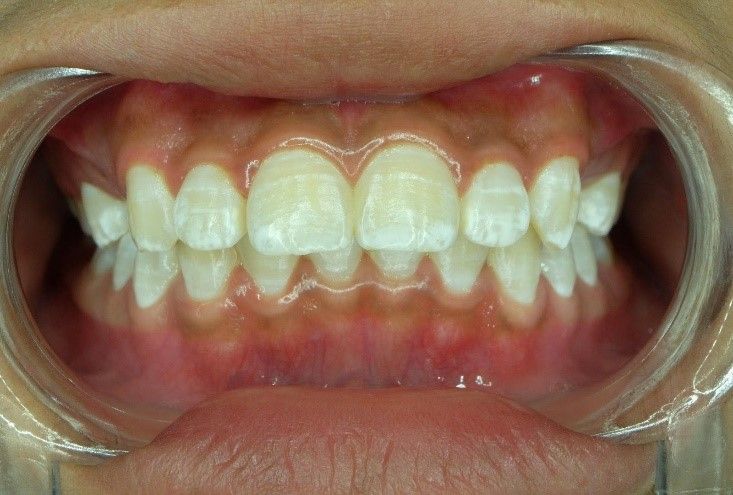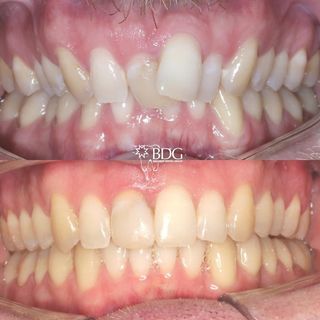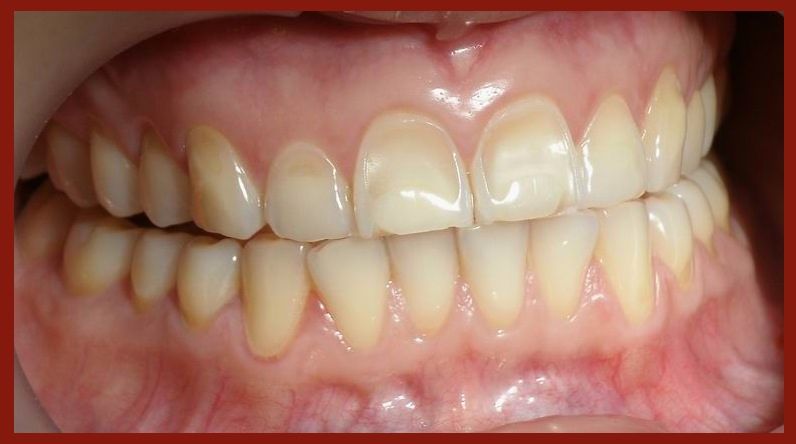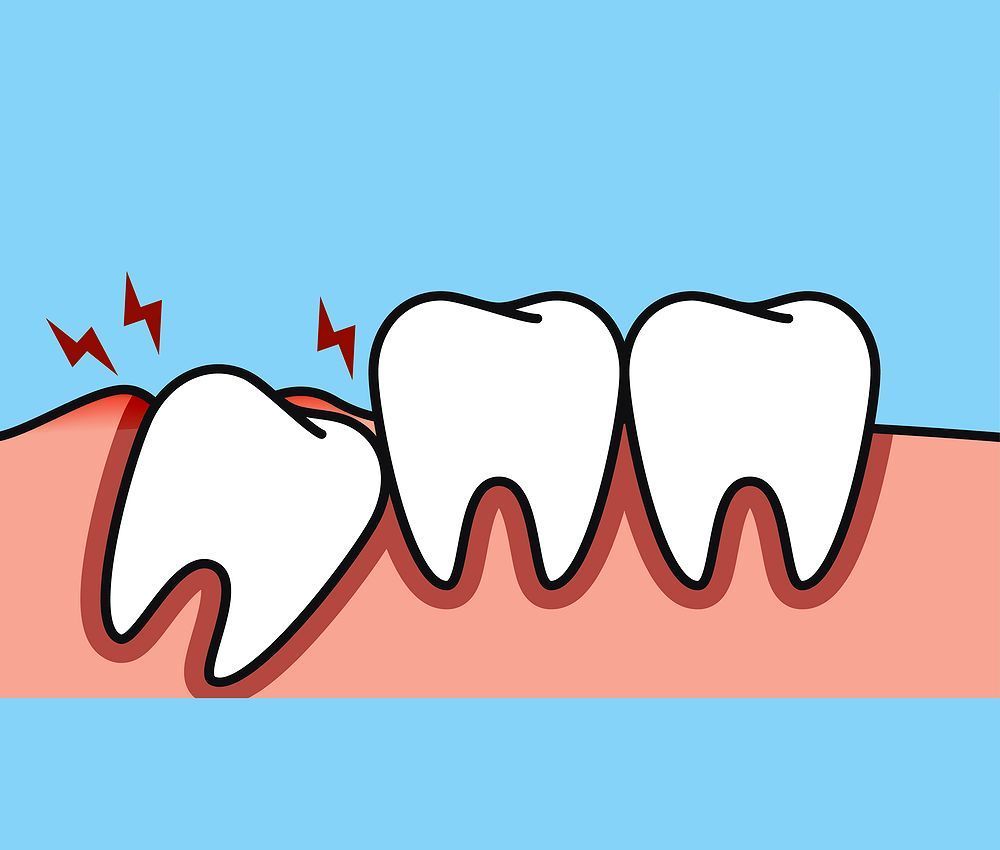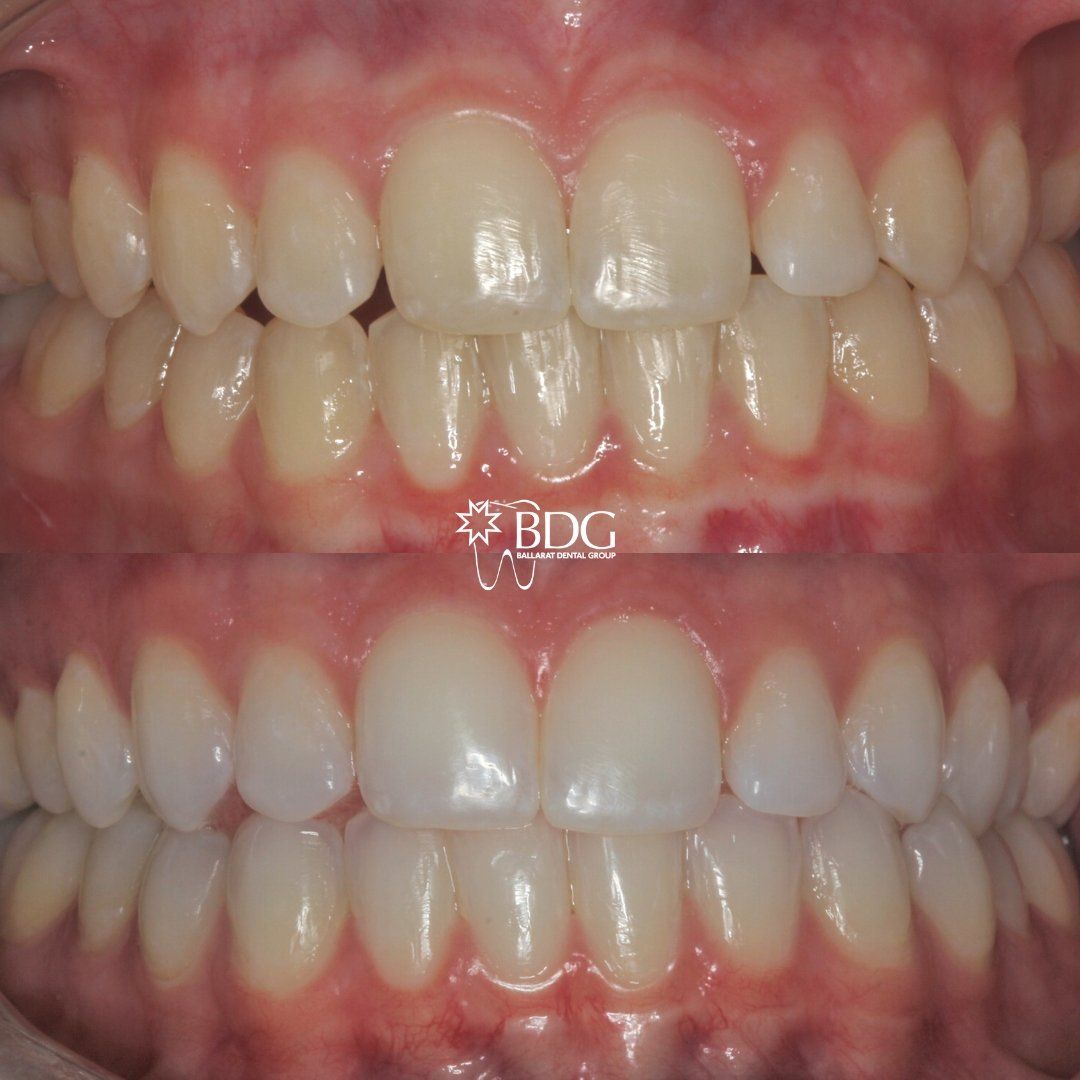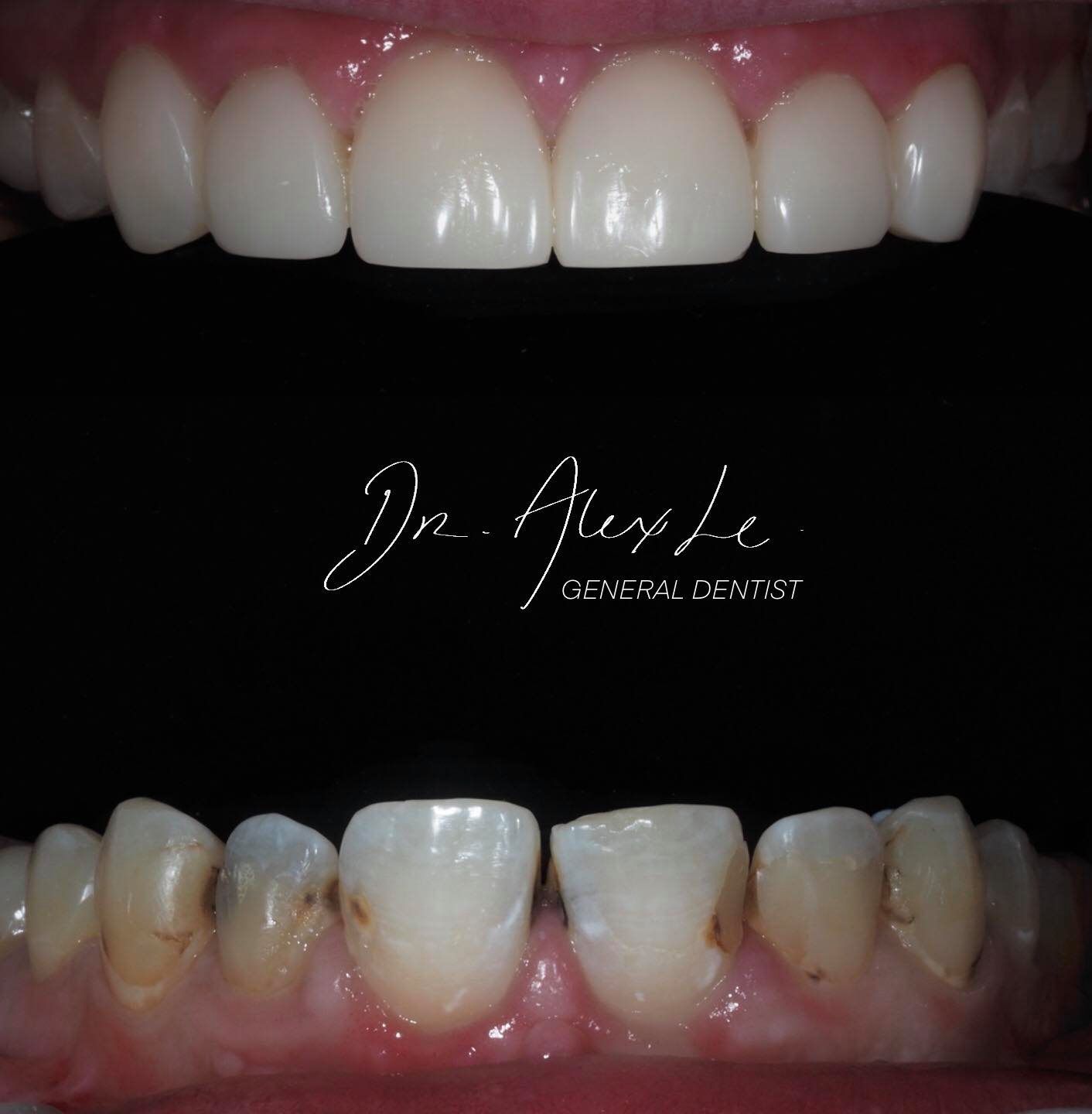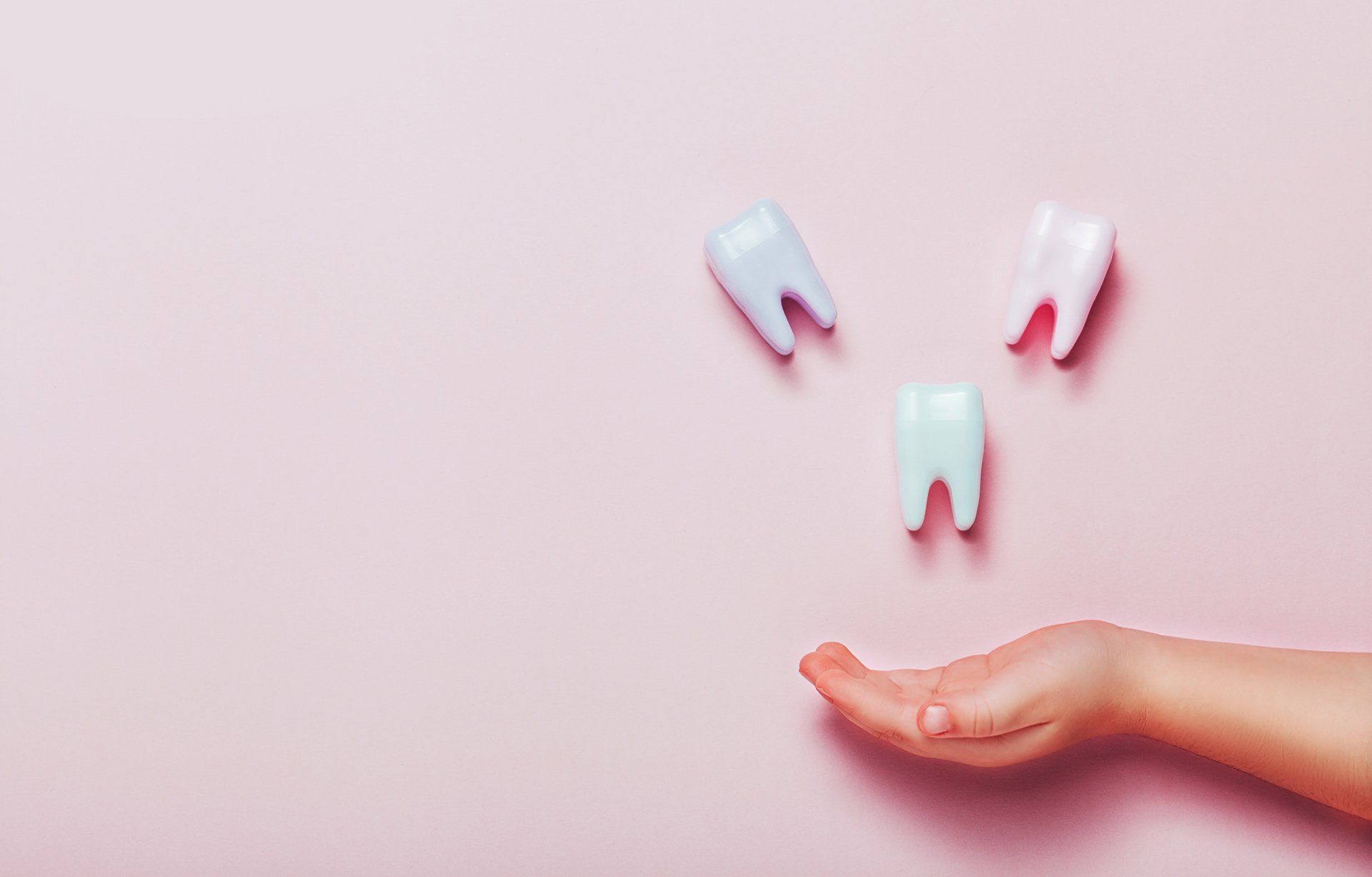Grinding
Dr. Jia Yuan Ng
Ever woken up in the morning feeling like your jaw is tight and your teeth slightly aching? Perhaps once you woke up noticing yourself grinding or someone sharing the same room might have mentioned it. You may be suffering from BRUXISM.
BRUXISM is the involuntary teeth grinding and clenching. We either do it in the day while we are awake, or at night while we are asleep.
Daytime bruxism
typically occurs when we are stressed, focused or angry. Think about the face an angry person makes: jaws square from the clenching of teeth, frowning and tensing between the brows. People may not always notice that they are doing it, but daytime bruxism is generally easier to control once we become aware of it.
Nighttime bruxism
on the other hand is often undetected because not all of us share a bed with someone or the grinding may be subtle. The symptoms do not become obvious until later stages. You may experience chipping of teeth. They may look flat and feel sensitive or sore. Your fillings may chip and dislodge repeatedly.
It is not bothering me now, do I need to deal with it?
In the long term, you may start developing head, neck and shoulder pains as you use all those muscles to grind or clench. If the idea of constant neck and headaches has not already bothered you, bruxing forces can even crack teeth. In some cases, teeth wear can get so bad that multiple teeth are endangered.
How do I seek help?
If discovered early, the root cause can be addressed through professional referrals and dental treatment. From a dental perspective, jaw pain can be reduced and teeth can be protected through well designed restorations in-combination with the use of a custom-made mouth guard known as an occlusal splint.
Don’t let broken teeth, jaw or neck pain get a hold of you.
If you experience any of the above issues, we recommend coming in for a comprehensive examination with your dentist to discuss possible solutions.
